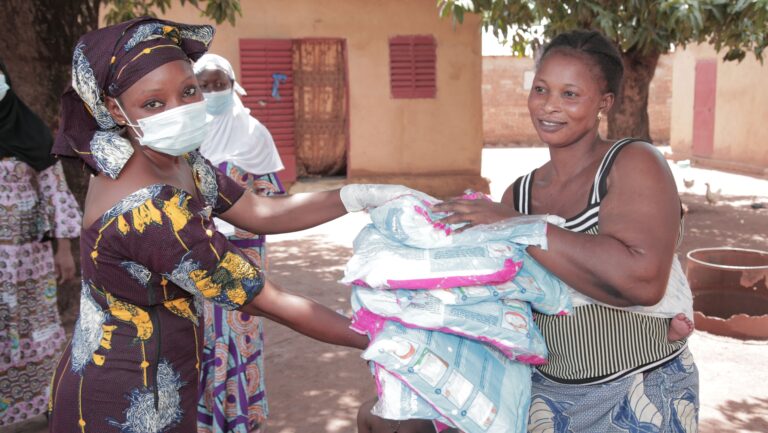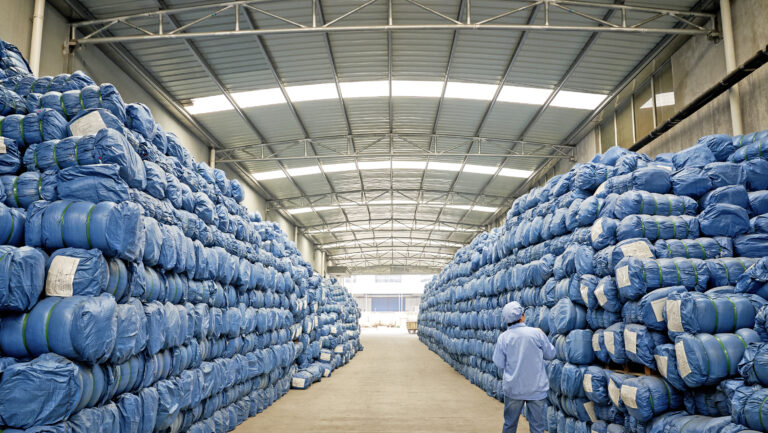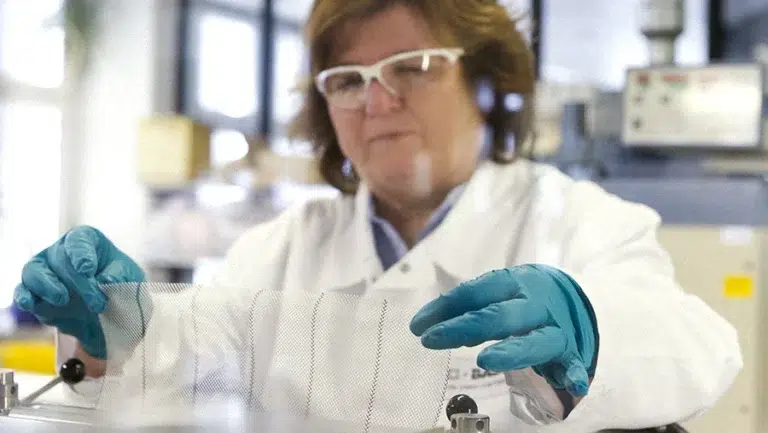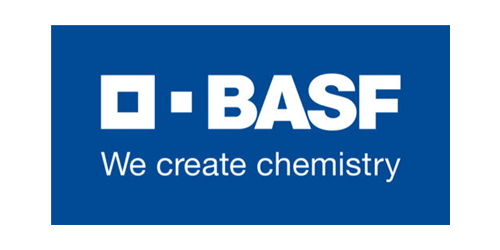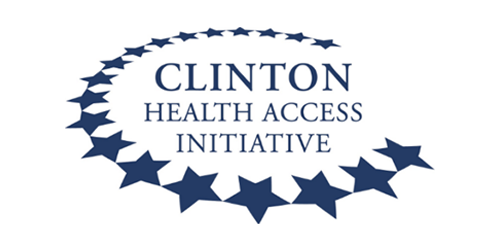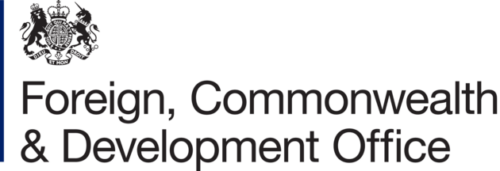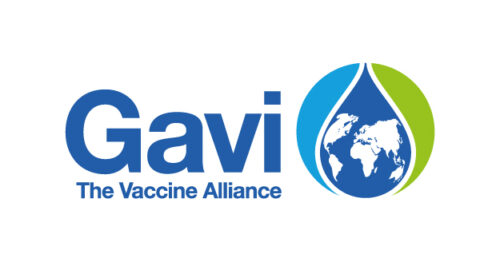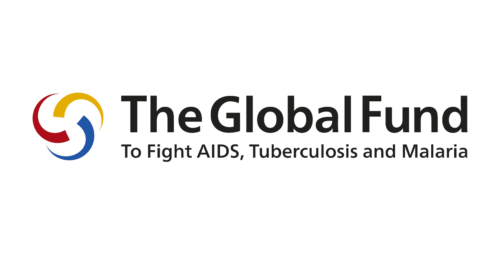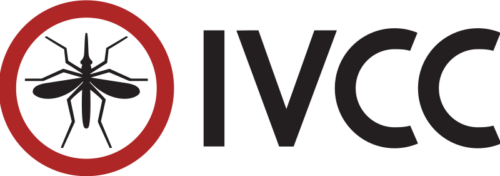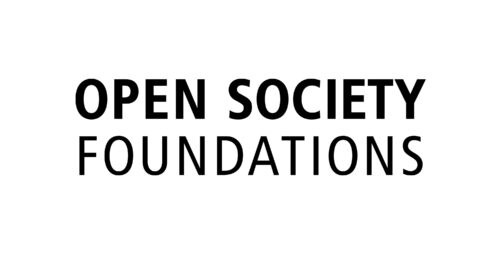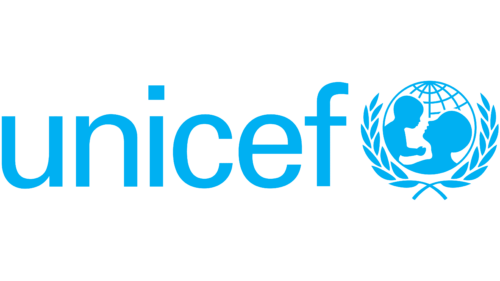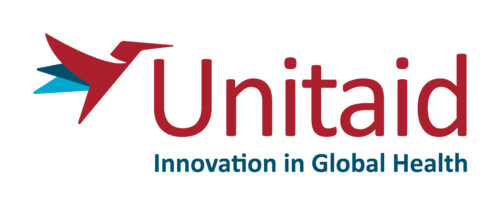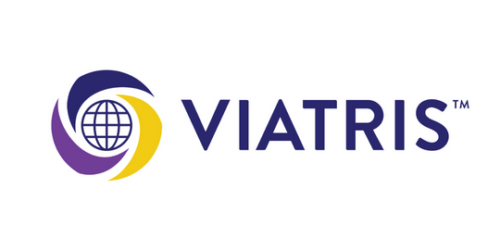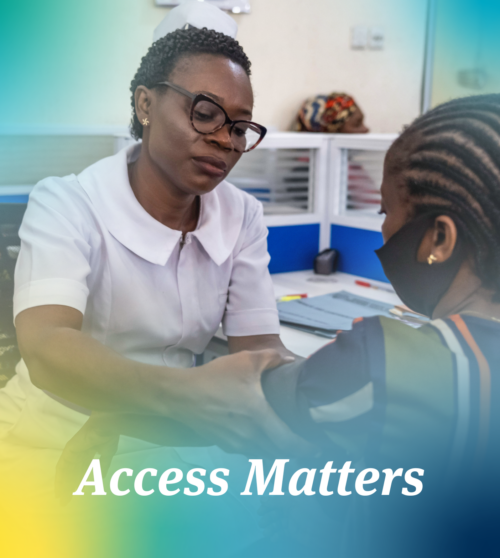MedAccess welcomes WHO recommendation for chlorfenapyr-pyrethroid mosquito nets
by MedAccess
15 March 2023 | News
MedAccess welcomes the World Health Organisation’s (WHO’s) strong recommendation for countries to use mosquito nets containing two insecticides – chlorfenapyr and pyrethroid.
The recommendation follows two major trials – in Benin and Tanzania – that both found that nets that contained both insecticides were significantly more effective at preventing malaria cases than standard pyrethroid-only nets.
MedAccess supported access to BASF’s Interceptor® G2 net, which contains chlorfenapyr and pyrethroid, through a volume guarantee with the Bill & Melinda Gates Foundation. The guarantee enabled the President’s Malaria Initiative, the New Nets Project partners to accelerate access to more than 35 million Interceptor® G2 nets.
“Pyrethroid-resistant mosquitos are a menace, bringing illness and death to communities, so this decision by WHO marks an important moment in the fight against malaria,” said MedAccess CEO Michael Anderson. “We are proud that this partnership, which spans business, global health, and civil society, has helped countries to protect tens of millions of people with Interceptor® G2 nets already. Our guarantee enabled BASF to offer this lifesaving innovation at a significantly lower price, helping to get more nets into the hands of the people who need them.”
In October 2019, MedAccess, BASF and the Gates Foundation announced a volume guarantee, securing a 40% price reduction for BASF’s nets. The guarantee aimed to accelerate access to the nets, supporting the work of malaria partners including the New Nets Project, which was funded by The Global Fund and Unitaid, and implemented by the Innovative Vector Control Consortium (IVCC).
In December 2022, BASF and MedAccess announced that their target of supplying 35 million Interceptor® G2 nets in sub-Saharan Africa had been reached ahead of schedule. As a result, more than 63 million people in 16 countries are now being protected by Interceptor® G2 nets.
On 14 March 2023, WHO issued a strong recommendation for countries to use chlorfenapyr-pyrethroid nets instead of standard pyrethroid-only nets. WHO also issues a conditional recommendation for countries to use chlorfenapyr-pyrethroid nets instead of nets combining pyrethroids with piperonyl-butoxide (PBO).
